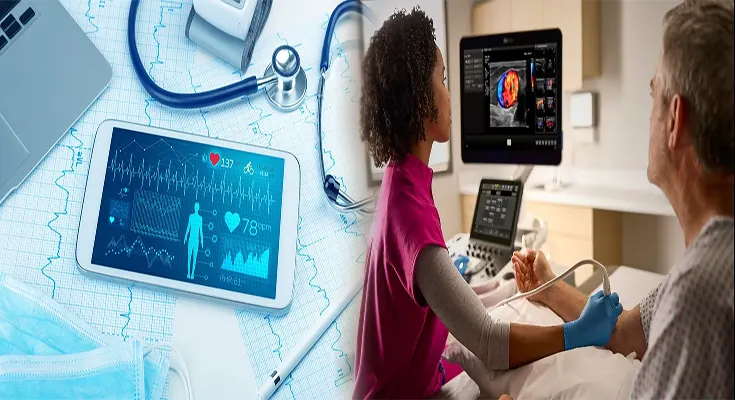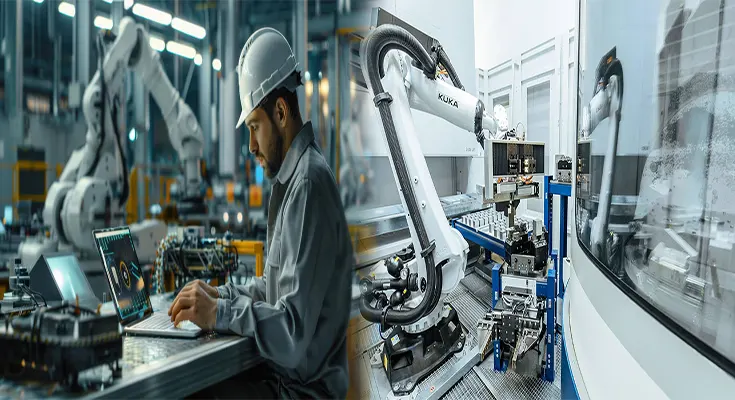
How Businesses Use Big Data to Make Strategic Decisions
In today’s fast-paced and highly competitive business environment, companies are increasingly turning to big data to gain insights and make informed strategic decisions. Big data refers to the massive volume of data that is generated from various sources such as social media, customer transactions, sensors, and other sources. This data can be analyzed to identify patterns, trends, and correlations that can help businesses refine their strategies and stay ahead of the competition.
Understanding Customer Behavior
One of the key ways in which businesses use big data is to understand customer behavior. By analyzing data from various touchpoints such as websites, social media, and purchase history, companies can gain valuable insights into customer preferences, purchasing patterns, and other behaviors. This information enables businesses to tailor their products and services to better meet customer needs and preferences, ultimately leading to higher customer satisfaction and increased sales.
Improving Operational Efficiency
Big data can …
How Businesses Use Big Data to Make Strategic Decisions Read More




